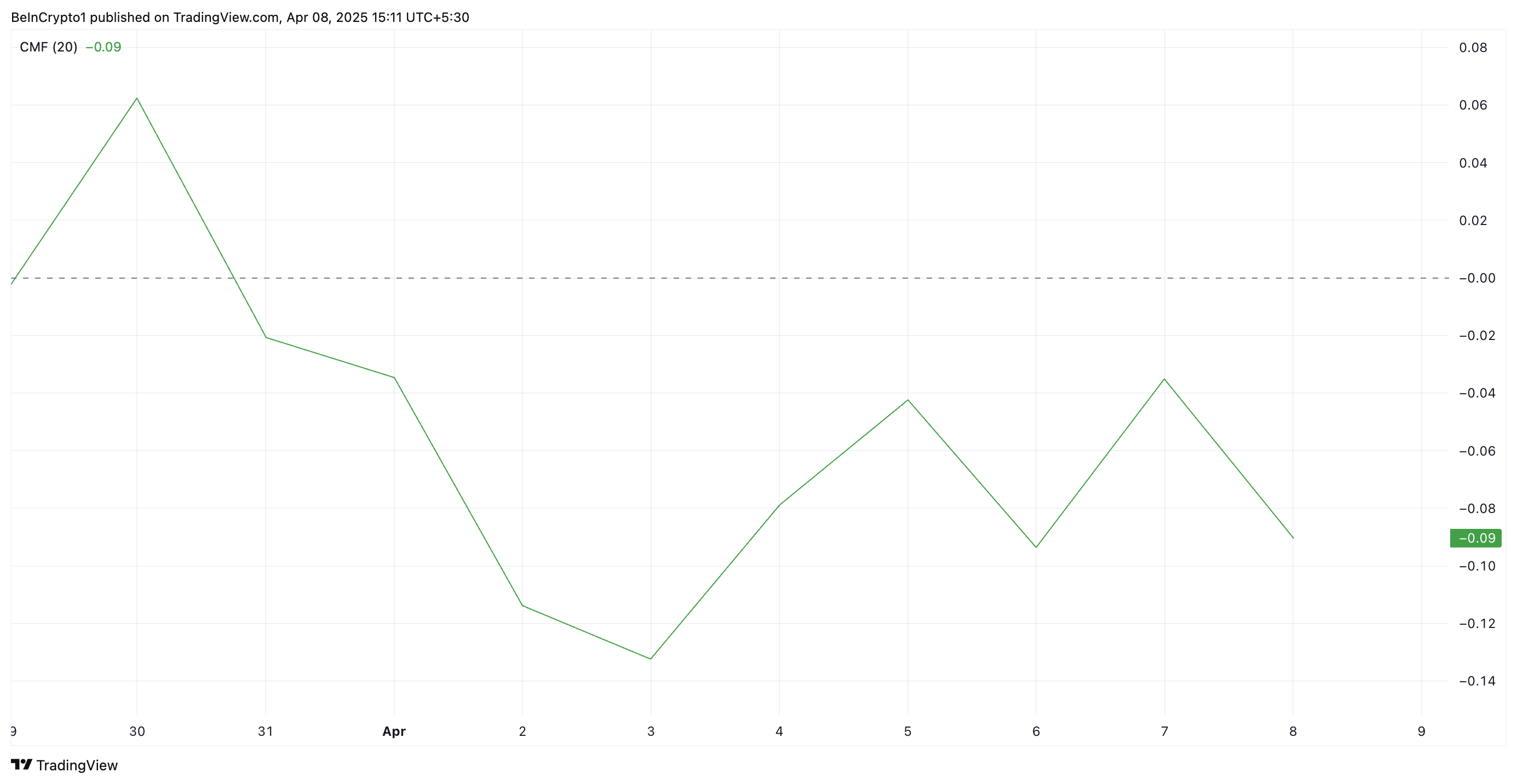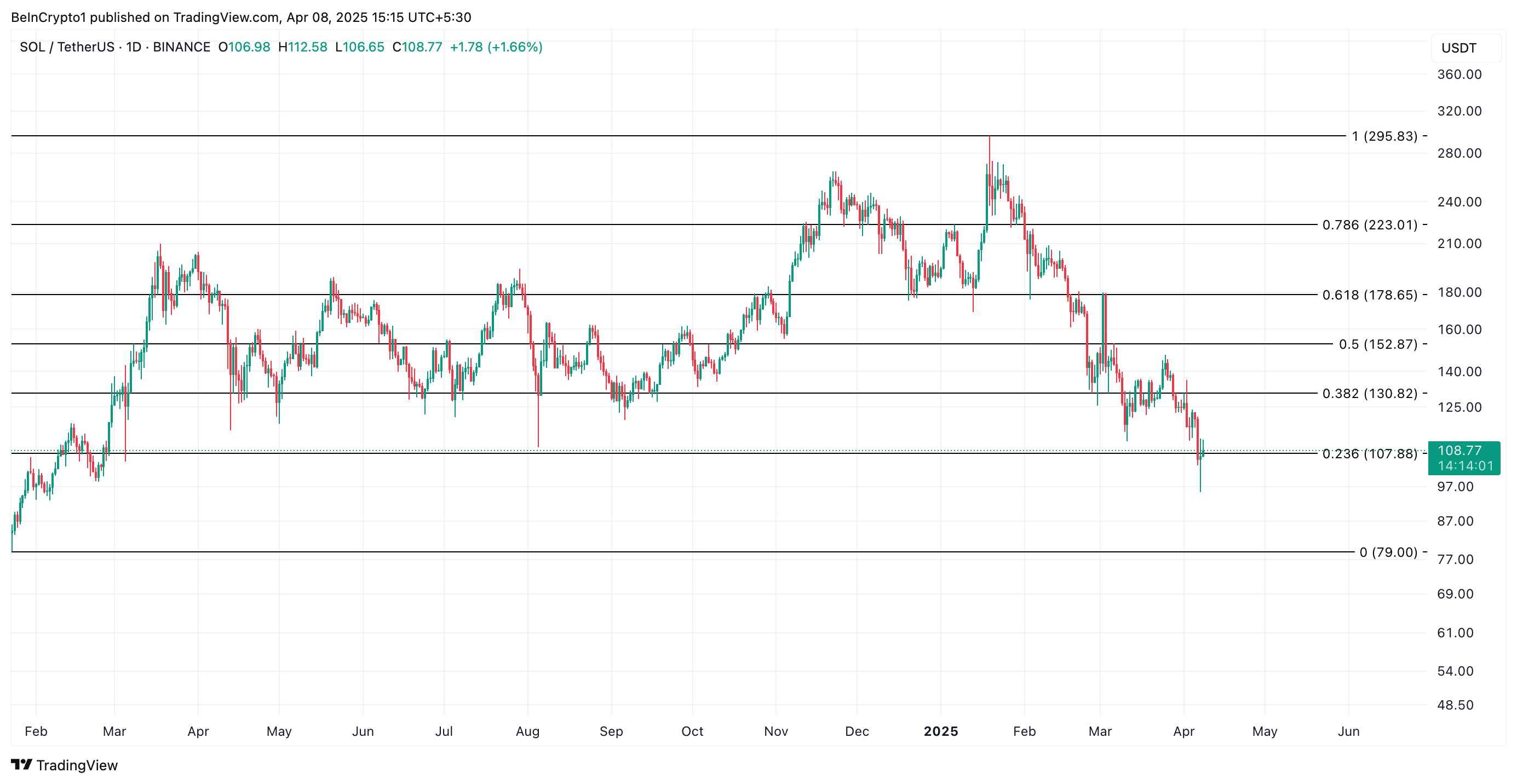
Attorney James A. Murphy has brought action against the Department of Homeland Security (DHS) in the U.S. District Court for the District of Columbia. The lawsuit was initiated to compel the release of government records related to the identity of Bitcoin creator Satoshi Nakamoto.
The suit was filed on April 7, 2025, following the department’s failure to respond to Murphy’s Freedom of Information Act (FOIA) request dated February 12, 2025.
DHS Agent Allegedly Confirmed Knowledge Of Satoshi Nakamoto
According to court documents, Murphy is seeking records of an interview that DHS allegedly conducted with the person or persons using the pseudonym Satoshi Nakamoto. This development comes following the Bitcoin creator’s birthday, which took place on April 5.
The complaint cites public statements made by DHS Special Agent Rana Saoud at a 2019 conference, where she allegedly confirmed that DHS knows Nakamoto’s identity and had sent agents to California to interview him.
The lawsuit comes amid increasing government interest in Bitcoin. The complaint referenced President Trump’s March 6, 2025, Executive Order establishing a “Strategic Bitcoin Reserve.” They also noted that nearly 20 states are currently considering legislation to authorize investing public funds in Bitcoin.
The lawsuit centers on statements made by DHS Special Agent Rana Saoud during a presentation at the OffshoreAlert Conference North America on April 29, 2019.
Court documents quote Saoud as explaining that a “really smart, forward-leaning agent” had requested to interview Nakamoto. Despite initial skepticism and “push back” from headquarters, agents were sent to California for the meeting. When the agents arrived, they reportedly discovered that Nakamoto “wasn’t alone in creating” Bitcoin and that “there were three other people” involved.
The complaint states that Saoud described how the agents “sat down and met with them and talked to them to find out how this actually works and what their reason for it was.” Despite this public disclosure, the identities of these four individuals have never been revealed to the public, according to the lawsuit.
FOIA Request History And Government Inaction
Murphy’s suit provides a comprehensive timeline of efforts he undertook to get information requested through the lawful FOIA process before being forced to sue. On February 12, he requested records from four categories.
The records included whether there was any transcript of Saoud’s statements in 2019 that were made publicly. These include a record of any interview done by DHS with someone using the name Satoshi Nakamoto, a record of any interviews with others who claimed to be the inventors of Bitcoin, and a record of any information that discussed the identity of the creator(s) of Bitcoin.
The complaint indicates that DHS accepted the request for documents on February 13, 2025, and assigned tracking number 2025-HQFO-02468 to the request. DHS also forwarded the request to Immigration and Customs Enforcement (ICE), which is a component of DHS. However, on February 19, ICE informed Murphy that they intended to process the request under a prior tracking number (2025-ICFO-17214) assigned to a similar request made by Murphy earlier.
Satoshi’s identity will undoubtedly continue to be of huge interest, especially considering that the Bitcoin creator’s net worth is 1.1 million BTC, worth around $86.9 billion based on the flagship crypto’s current price.
Murphy’s Complaint Shows Interest in Bitcoin’s Creator
Murphy’s complaint emphasizes the public interest in identifying Bitcoin’s creator. The lawsuit points to President Trump’s recent executive order directing that all Bitcoin held by the federal government be placed in a Strategic Bitcoin Reserve. It also authorizes the Secretaries of the Treasury and Commerce to develop “budget-neutral strategies for acquiring additional Bitcoin.”
The complaint also references pending U.S. Senate legislation to establish a Bitcoin reserve operated by the Treasury Department and notes that nearly 20 states are considering laws to allow public fund investment in Bitcoin.
According to the filing, many public and private companies currently hold Bitcoin as treasury assets. Notably, Strategy holds over 500,000 Bitcoin. However, Strategy halted Bitcoin purchases with no acquisitions made in the first week of April. This was following a recent drop in Bitcoin price to as low as $74,000.
The post Attorney Files Lawsuit Against DHS in Effort to Reveal Satoshi Nakamoto’s Identity appeared first on CoinGape.








